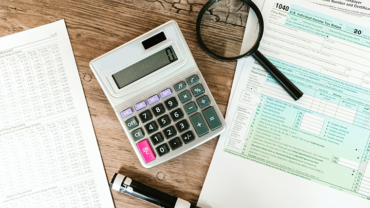One of the most commonly held beliefs about credit scoring is that using a credit card is fine, as long as you pay off the bill in full at the end of each month. Many people don’t pay much attention to their credit score, only thinking about it when they are trying to get a loan for a new car or sign up for a new mobile phone contract. Many employers are starting to check credit reports for new hires as part of their standard pre-employment checking, especially in the financial services sector. If you are thinking about applying for this sort of position or are in the market for a new car loan, then it’s important to understand how your credit card use.
Withdrawing Cash on a Credit Card
Most of us use our credit cards to pay for purchases, whether online or in a shop. The benefit of using a credit card for these purchases is that you don’t pay interest straight away, and if you settle the bill when it arrives each month, it’s a good way of spreading your expenses and building a credit history. Most credit cards also offer the option to use your credit card to withdraw cash from a ATM, and this can negatively impact your credit score.
Cash Advances
A post circulating on Facebook claimed that withdrawing cash affects your credit score which is probably where the confusion starts from. Withdrawing cash using a debit card, where the money comes out of your account straight away is not a problem – the main function of a debit card is often to let you take money out. Cash advances or withdrawals on credit cards can be seen negatively by lenders, as this is a form of credit known as a “cash advance”. Most credit card providers will charge interest on cash advances from the day you take the money out, even if you settle your bill at the end of the month. There is no interest-free period as there is with purchases made on a credit card. Credit scores can be affected by cash advances on credit cards, but not by withdrawals on debit cards. This is because lenders are aware that cash advances result in additional interest charges and feel that people only take money out on a credit card when they have run out of other, cheaper options.
Affordability
The other confusing aspect in all of this is that many lenders look at affordability as well as your credit score. Affordability also looks at your financial position and assesses whether someone can afford to repay credit based on their income and expenditures. Cash withdrawals on a debit card will therefore affect affordability, as it will increase your expenditure, but won’t affect credit score.
Credit and affordability scoring can be complicated, and each lender has their own criteria about who they will lend to. Keep on top of your finances by signing up for one of the many apps and websites on the market which will show your credit score and allow you to track it over time.









